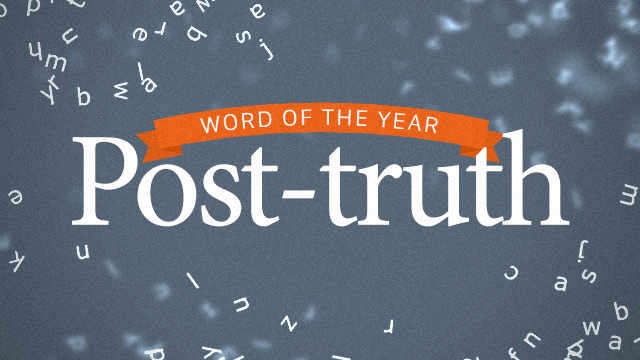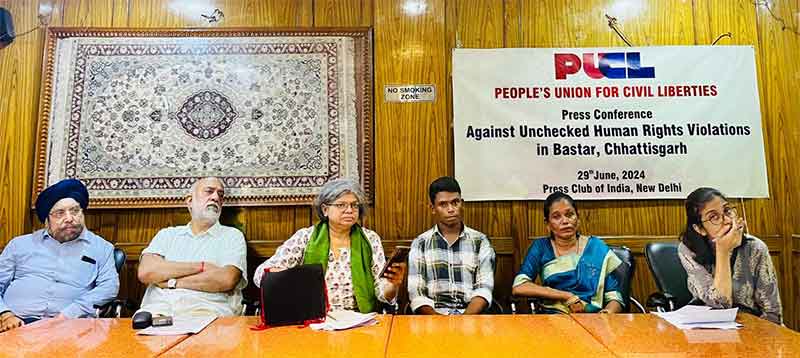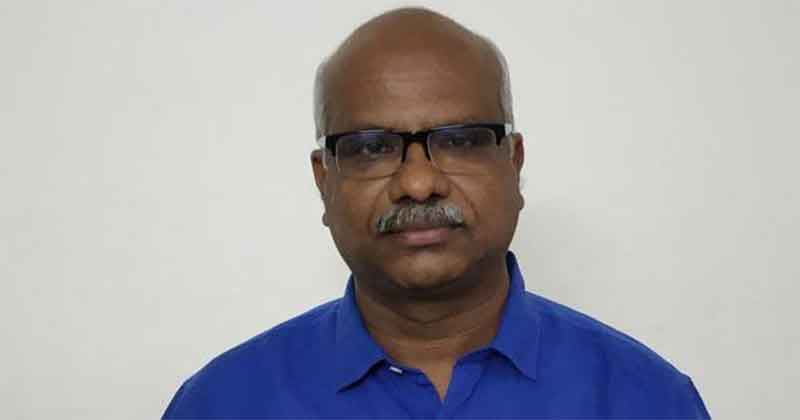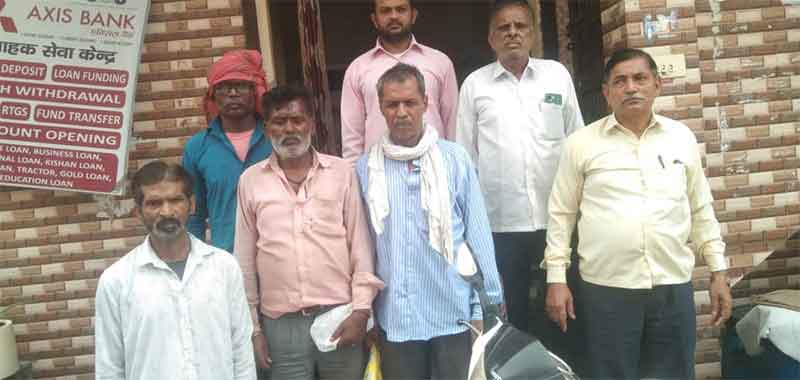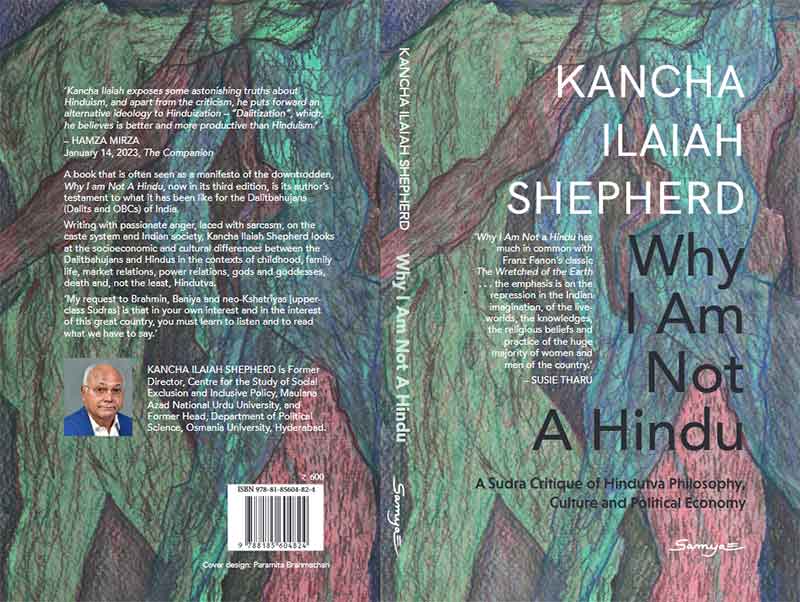
We are living in a society where every day, we find out that whatever we had been doing, we had been doing it wrong. From narratives about a historical civilization to the consumption of a certain type of cooking oil, the social media is flooded with educational narratives disseminated through viral photos, vlogs and reels. With sensational titles like “the dark truth about brown sugar” or “The real reason why should you never use sunscreen”, the persuasiveness of these narratives rests on their claim to be the ultimate “truth”. We live in, what scholars term, the “post-truth society” characterised by multiple narratives of truth which may result in the blurring of boundaries between fact and myth. “Post-truth” is also conceptualised as the irrelevance of truth or factual knowledge in the society.
Social media is today a major contributor to the post-truth society. With the rise of influencer culture, everyone likes to have an opinion and a platform to voice it. Consequently, we are flooded with information, information that we never asked for. Yet it appears as we scroll through. The social media is flooded with information on any imaginable topic. The algorithmic culture and content virality further the post-truth regimes.
We tend to believe what we watch/hear/read. Perhaps the appeal to emotions that often characterise these posts is one reason for this collective gullibility. The sensational titles and content style makes them convincing enough to believe and act upon.
The other reasons that may explain this gullibility to believe everything on the internet and the lack of interest to distinguish truth from the “fake” are political and socio-economic processes that shape our increasingly polarised and anxious society. We may believe a certain historical narrative as the sole truth because of the prevalence of partisan politics and what is called “in-group bias” i.e. the acceptance of ideas and knowledge that reaffirm rather than contradict one’s pre-existing knowledge.
Trust deficit in the existing or dominant system of knowledge also explains the gullibility to believe alternate “truths” being circulated through social media. The internet is a repository of conspiracy theories. It has become normal to cast doubt on the narrative surrounding historical information. This may explain why there are too many takers for the conspiracy theory surrounding the death of historical figures such as Subhash Chandra Bose.
We may believe what is being served to us as “truth” also because it may speak to us as we cope with the multiple anxieties (whether manufactured or “real”) that surround us. We may believe in posts that render everything that we eat as “unhealthy” and “toxic” owing to the anxiety of staying fit in a polluted environment. We may believe the fancy reels from a travel vlogger, add the travel location to our bucket list and even visit the promised land to cope up with the socially manufactured anxiety called “FOMO” or the fear of missing out.
It is not to see truth as fixed and universal. But it is important to dwell on the challenges posed by the post-truth society or the practice to construct and circulate truths. For the consequences are multi-fold. It may exacerbate the problems of the contemporary society, a society which is characterised by economic inequality, social and communal polarisation. The problem is confined not only to political posts. Fake news and misinformation is another major problem. Moreover, there will be a diminishing of critical thinking among people which should be seen as a major “red flag” for the society. A line of caution is thus essential. Next time, when you come across a post that may explain how harmful a soap may be for your body and mind, pause and think about the possibility of it being true or/and not being true.
Dr Devika Mittal teaches sociology in Jesus and Mary College, University of Delhi. She is also the convener of Aaghaz-e-Dosti, a cross-border peacebuilding initiative. She tweets at @devikasmittal

